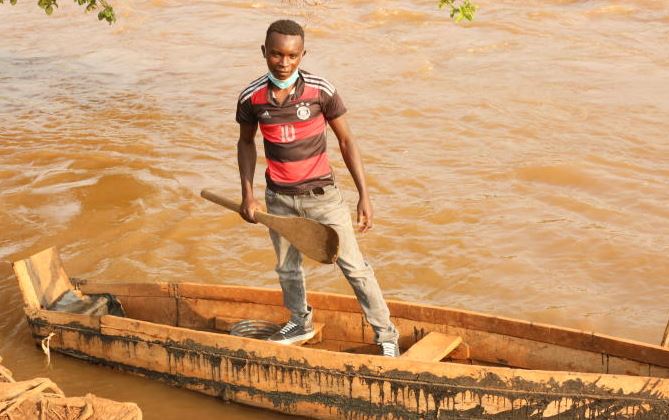×
The Standard e-Paper
Fearless, Trusted News

When a boat capsized in Sagana River on Tuesday last week, killing all its three occupants, Francis Mwangi volunteered to do what he has done for seven years: retrieving bodies from the deadly waters.
In seven years, Mr Mwangi, a professional diver, has retrieved 13 bodies from the river. The victims comprise young people and adults who die in expeditions or while sailing from one ridge to the other in Kirinyaga and Murang’a counties.